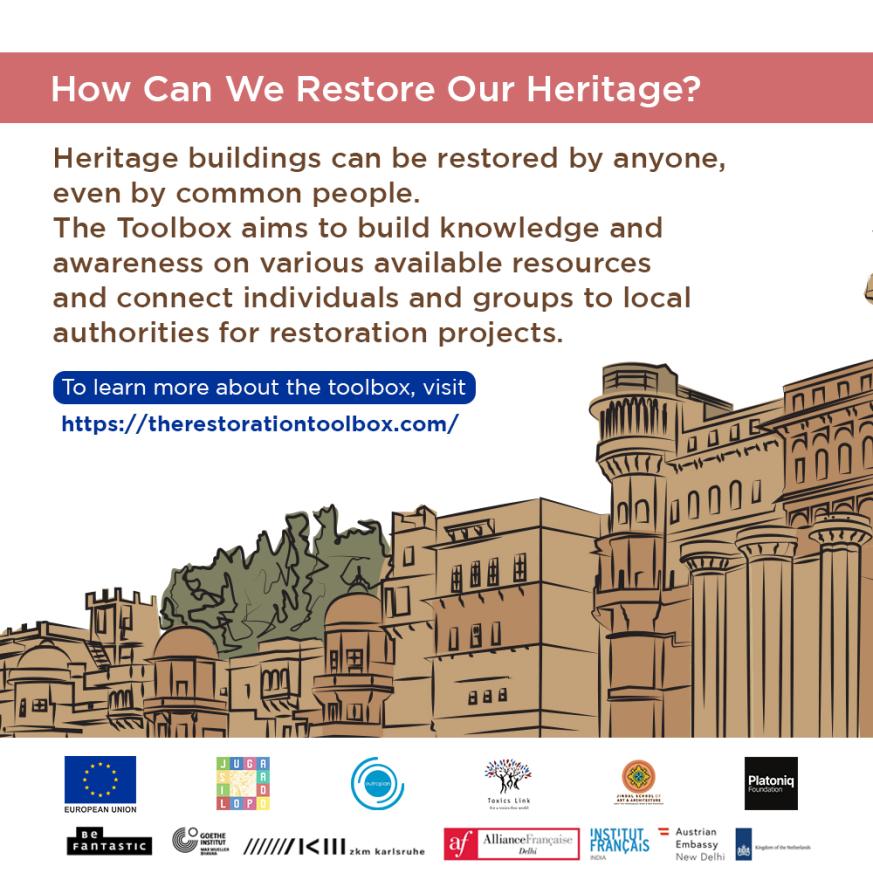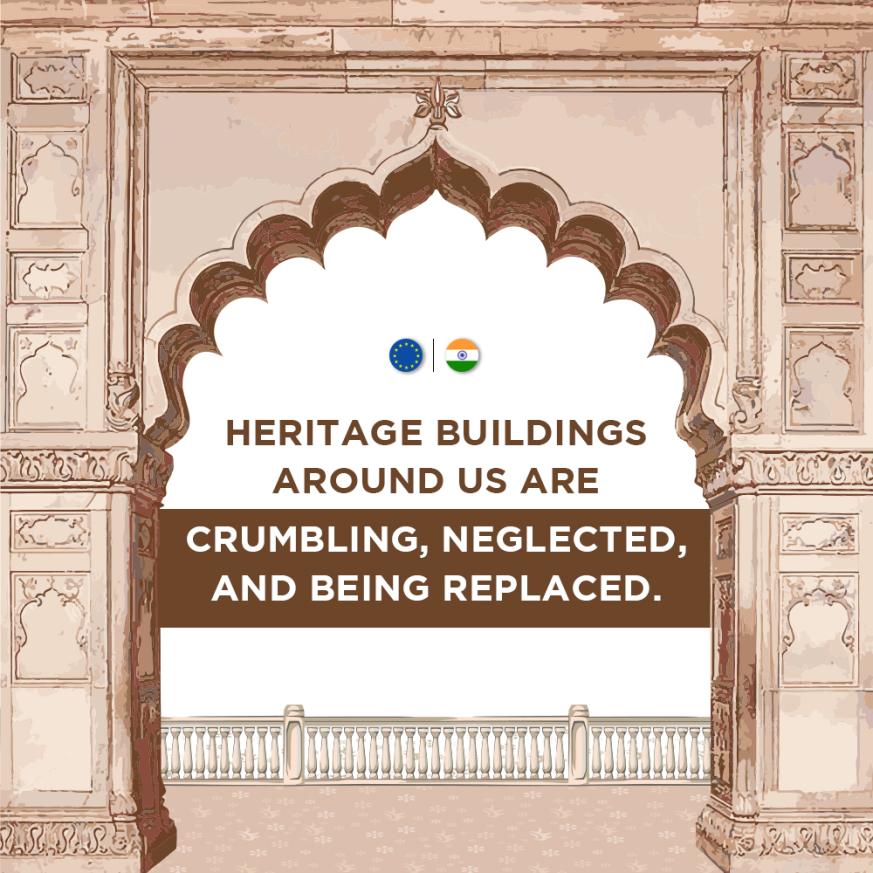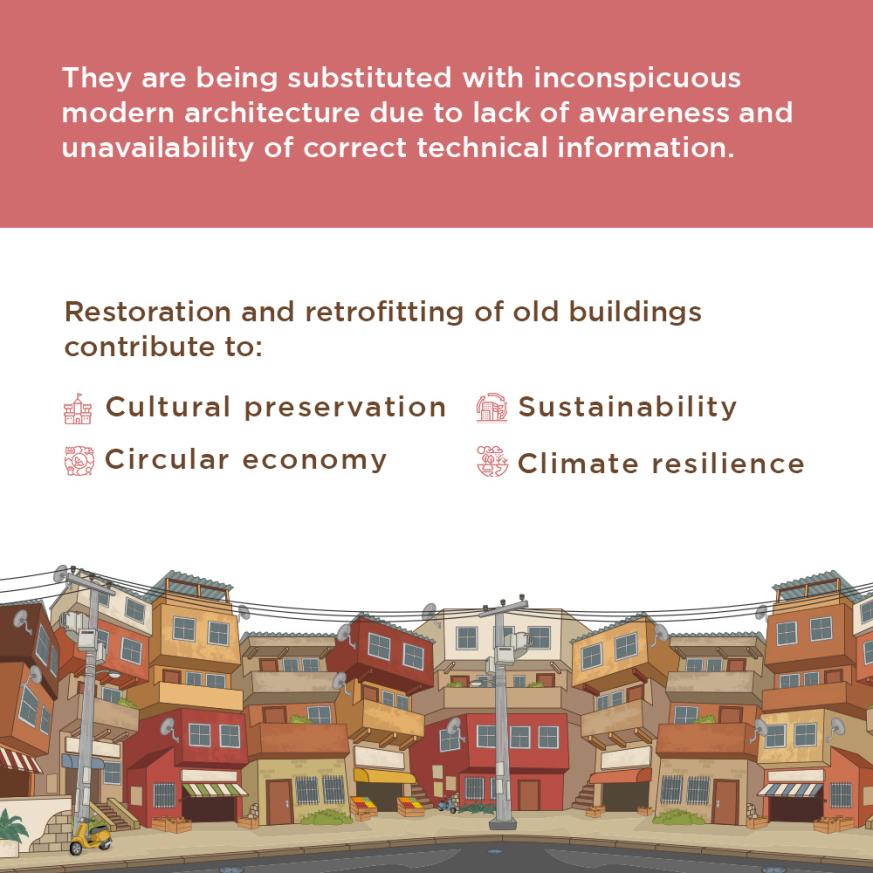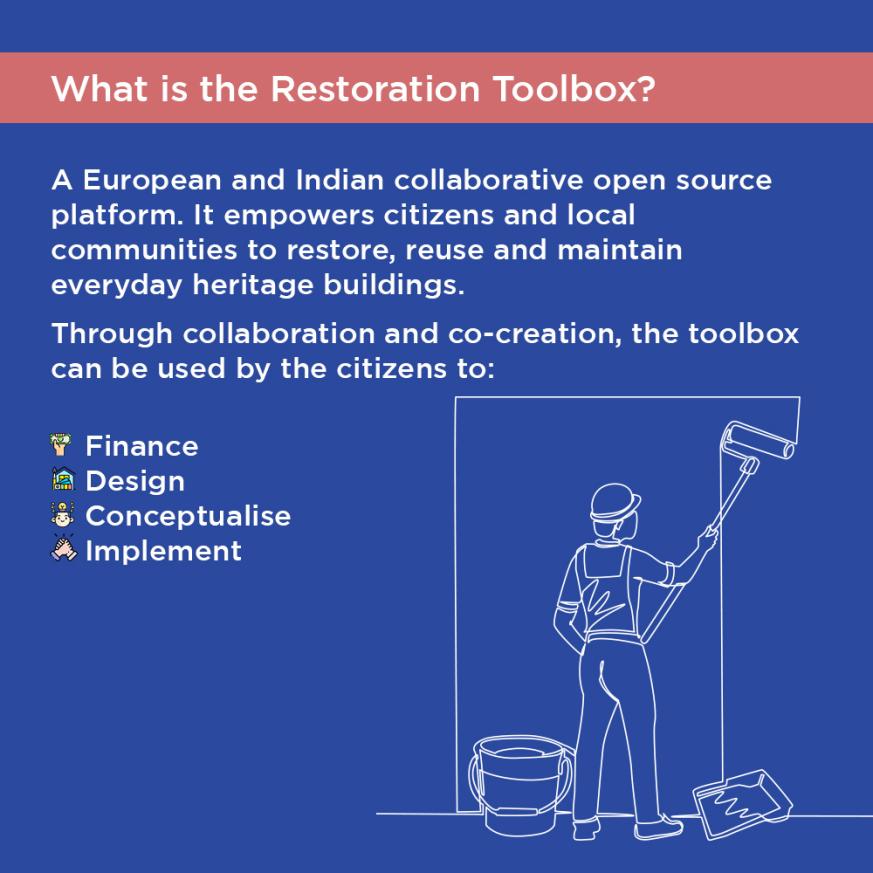Restoration toolbox

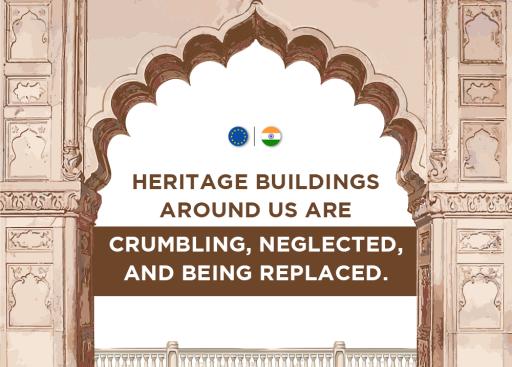

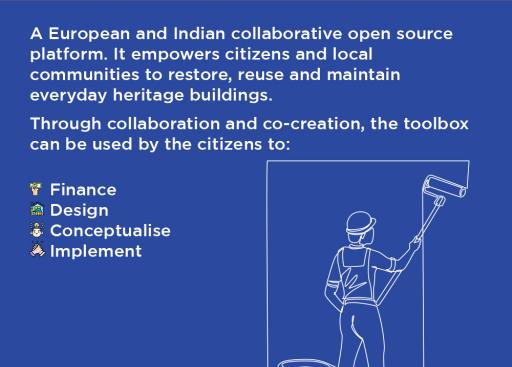
As a natural process, cities face wear and tear of buildings. As a worldwide phenomenon, we see old buildings being replaced with nondescript buildings, that not only change the urban landscape but also severely impact pollution levels, harm local communities as well the planet. Research has proven that restoration and adaptive reuse of existing buildings can substantially contribute to circular economy and creating smart cities. However, sometimes lack of access to information, experience and technical skills makes the decision to retain and retrofit an old building unviable.
The Restoration toolbox is an open-source participatory platform for restoration and preservation of cultural heritage, inspired by the concept of the circular economy and EU Green Deal.
One of the 8 international cultural relations projects selected by the EU National Institutes for Culture (EUNIC) as part of the EU funded European Spaces of Culture 2023, it aims to empower citizens and communities to restore buildings, improve accessibility to expert advice and provide a space for collaboration for citizens and policy makers.
Strengthening the European Union (EU)-India cooperation on cultural heritage and sustainability, the project partners include the Delegation of the European Union to India, Alliance Française de Delhi, Institut Français en Inde, Embassy of the Kingdom of Netherlands in India, Austrian Embassy New Delhi, Embassy of Spain in India, Danish Cultural Institute, Aishwarya Tipnis Architects (Jugaadopolis), the Just Environment (Toxics Link), OP Jindal Global University, FUNDACIÓN PLATONIQ and Eutropian GmbH.
EU India collaboration | 9 months journey and highlights
Under the aegis of this project, the platform was tested in the Indian Context with specific workshops conducted in Delhi, Mumbai, Kolkata, Surat and Musssorie over the last 9 months. In addition, the project engaged with students pan India, providing them the technology, tools and mentorship to empower them to save heritage buildings in their neighbourhoods and cities. The project took the opportunity to interact with professionals, heritage enthusiasts, municipal authorities and policy makers to seek their feedback on how this digital platform could be integrated into existing frameworks in India.
A knowledge sharing workshop was also organized with 10 municipalities, facilitated by the National Institute of Urban Affairs (NIUA) CITIIS Project. Regarding the workshop, Shri Mr Hitesh Vaidya, Director, NIUA remarked, “The historical and cultural significance of urban heritage is integral to the very identity of a city and its people. As India urbanises and strides towards new opportunities, it has become doubly important to be mindful of our past and rejuvenate its values and structures. This has to be achieved by infusing the practice of heritage conservation with the principles of sustainable and inclusive development. The Restoration Toolbox is based on such values, which also form the core of the CITIIS program. I hope participants of this workshop take back crucial lessons in restoring urban heritage and empowering individuals and communities across their cities to participate in the process.”
Furthermore, as part of the project, the Restoration Clinic was also set up as a pro-bono service to provide expert advice to homeowners who wanted to restore their own buildings and a pilot project was successfully completed in Mussoorie. The clinic was used as a medium to mentor young students and professionals in the process of heritage conservation as well as build capacity of craftsmen and homeowners.
An international conference on “Enabling conservation through digital engagement” was organized by the Jindal School of Art and Architecture on 27th-28th September that brought together academics, students, practitioners and policy makers deliberating on the way forward for heritage conservation in the 21st century.

